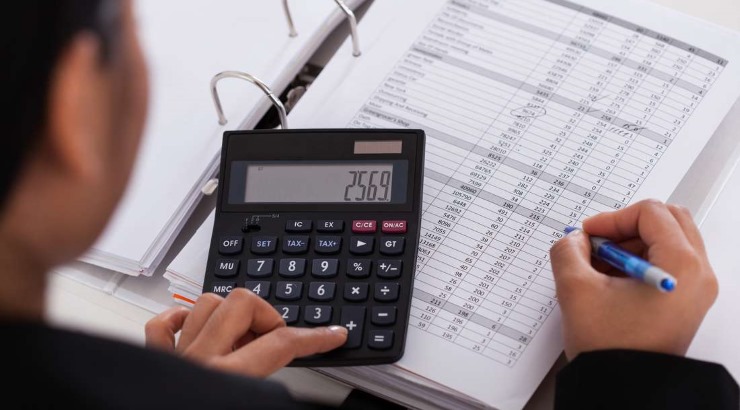Features
Land Valuation in Kenya
Private firms are allowed to conduct valuation for stamp duty.

Land valuation is the process of analysing a property to determine its market value to calculate taxes or to enable the leasing, sale, or acquisition of property.
Who does property valuation?
Until January 2021, land valuation in Kenya for Stamp Duty, Ground Rent, and Rates was the preserve of valuers from the Valuation Department in the Ministry of Physical Planning.
The officials value land to ensure revenue due to the State is collected and that public property is sold or acquired in a manner that protects the fiscal interests of the government.
As the ‘landlord’ of all leasehold properties, the State charges rent for leasing out its property. Ground rent depends on the approved user and location of a property. Plots within CBDs, for example, fetch higher rents compared to residential properties in the estates.
To meet the demand for land valuation in the country, the government amended Section 10A of the Stamp Duty Act, Cap 480, to allow private valuers to value land for Stamp Duty.
RELATED: State to Reissue Title Deeds to All Landowners
A list of valuers accredited to undertake land valuation for Stamp Duty is published on the website of the Lands Ministry for the public’s perusal.
Editor’s note: The government does not charge any fees for valuation for Stamp Duty. However, those who elect private valuers incur costs as provided in the Valuers Act.
Land valuation process
Valuers in Kenya are often hired when buying or selling property.
They also come in handy when lenders are advancing loans against title deeds, payment in cases of disputes, for court sureties, book value and during the determination of land rates.
Some banks employ in-house valuers or use a valuation fees calculator. However, in most cases, valuation is outsourced to independent valuers recognised on the lender’s panel.
Land valuation is also done before the State moves to buy private property through compulsory acquisition.
Valuation reports help to protect the monetary interests of landlords whose property has been acquired by the State for the construction of roads, dams, or other public infrastructure.
How is land valuation done?
A direct comparison with recent comparable sales is the basis of most land valuations. However, valuers also take into account features such as the size; topography, and layout of the block; ease of access to the land; planning restrictions; and the property’s location.
Valuers use comparable sales to get a rough figure of the land in question, and then make adjustments based on the significant variances found amongst the properties.
Land valuation charges
How much does a land valuation cost?
The cost of land valuation in Kenya is provided under the Scale of Fees, Valuers Act Cap. 532 of the laws of Kenya. The Valuers (Forms & Fees) (Amendment) Rules, 2011, which is the valuation fees calculator, outlines the following charges:-
1.) Urban, Rating and Agriculture Valuation
First Kshs. 2,000,000 at 1.0 per cent
Residue at 0.25 per cent
2.) Compulsory Acquisition Valuation
First Kshs. 2,000,000 at 2.0 per cent
Residue at 0.5 per cent
3.) Rental Valuation
First Kshs. 400,000 per annum at 10 per cent
Residue at 5 per cent.
4.) Minimum Valuation Fees
Kshs. 15,000 for any valuation.
7.) Consultancy
A minimum of Kshs. 5,000 per hour when such consultancy does not involve carrying out a valuation and compilation of a valuation report and advising on the value of the property.
8. Travelling Expenses and disbursements:
These shall be based on the costs incurred in undertaking the valuation.














